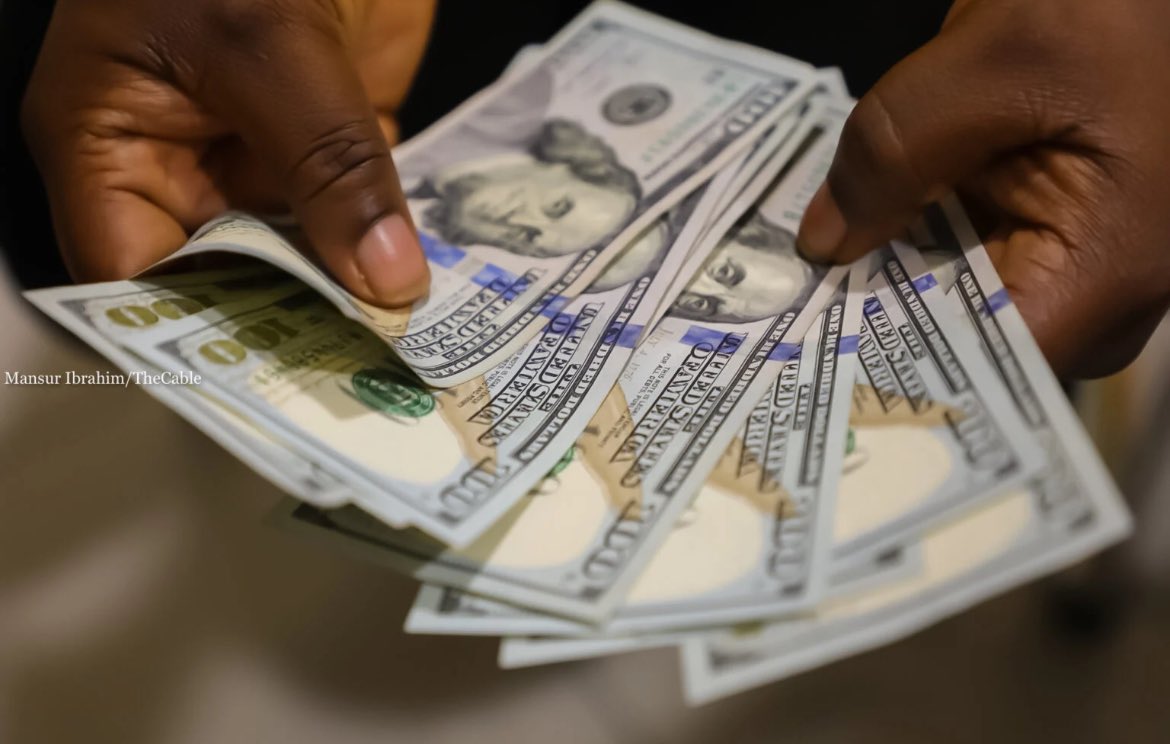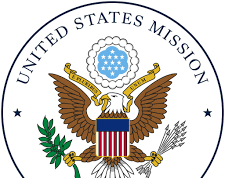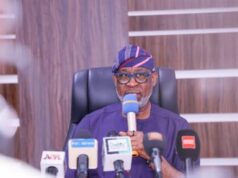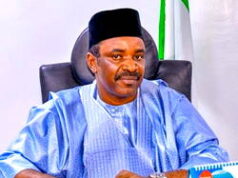Agora Policy, an Abuja-based think tank, says Nigeria needs a temporary dollar liquidity bridge for the orthodox reforms by the Central Bank of Nigeria (CBN) to take effect.
The think tank made the recommendation in a report titled ‘Orthodox Monetary Policy Restored, But Price Stability Remains Elusive,’ released on Monday.
Liquidity bridge is a trading platform that connects multiple liquidity providers with traders to aid transactions.
On May 13, Olayemi Cardoso, CBN governor, said the country had returned to an orthodox policy regime.
Orthodox reforms are traditional policies implemented to tighten spending until business confidence and profit levels are restored.
Agora Policy said despite strong action on the monetary policy front, Nigeria’s key macroeconomic variables have yet to respond favourably to the populace.
According to the think tank, the fundamental cause of the current divergence is policymakers’ lack of a coordinated effort to address the foreign exchange (FX) liquidity issue that is at the root of exchange rate volatility.
“Specifically, the absence of a tractable source of USD liquidity to fill the shortfall from oil flows, which remain largely encumbered, continues to hinder CBN’s efforts to manage the foreign exchange situation,” Agora Policy said.
“Without tangible progress on the front, the persistent weakness of the naira will continue to drive higher inflation, necessitating even higher interest rates and leaving a precarious outlook for non-oil sector growth.”
Quoting CBN data, the think tank said looking at the shortfall between the “current account (9M 2023 surplus: $2.7 billion) and the financial account (9M 2023 deficit: $7.7 billion),” Nigeria’s external sector gap stood at $5 billion as of October 2023.
“This shortfall is largely driven by negative trends in foreign net flows and ongoing domestic financial outflows, reflecting the negative impact of the Emefiele-era policy of negative real interest rates,” Agora Policy said.
To close last year’s gap, the organisation said Nigeria would have needed total flows of $7 billion to $10 billion to prevent significant external reserve drawdowns.
While a return to orthodox policies has partially addressed the issue, Agora Policy said a full restoration to historical trend levels will take time.
“In short, Nigeria needs a temporary dollar liquidity bridge to allow reforms to take effect. Beyond the rhetoric of orthodox reforms, Nigeria’s economic managers need to directly address the forex illiquidity problem by exploring optimal solutions,” the think tank said.
Advising the financial regulator, Agora policy said eurobond issuance, assets sale, and engaging multilateral agencies, could boost dollar inflows into the country.
“These options include a possible Eurobond sale in the $5-10 billion range, though this might be challenging to execute without commercially punitive terms (e.g., double-digit dollar interest rates),” the organisation said.
“Asset sales have been suggested as a way to raise dollar flows, including the sale of certain strategic public corporations. However, outside the oil sector, Nigeria lacks assets of sufficient strategic value to raise large sums quickly.”
Another option, the think tank said, is the possibility of sovereign placements, similar to “Egypt’s receipt of large foreign dollar deposits from the UAE, alongside support from the EU, UK, and Western donors”.
However, Agora Policy said such flows depend on international diplomacy and Nigeria lacks a strong history of focused international relations to unlock capital flows.
“Alternatively, engaging multilateral agencies like the IMF for financing options within the context of a reform programme is a viable route,” the organisation said.
“Given the difficult reforms undertaken over the last twelve months (hikes in fuel and electricity prices and a shift to a flexible exchange rate system), Nigeria is in a position to negotiate a favourable financing package.
“While these are fiscal decisions, not within the monetary policy remit, they are crucial for the CBN to stabilise the Naira exchange rate. Success in this area would stabilise exchange rate trends associated with portfolio flows and build confidence to unlock private and foreign USD flows.”
‘




